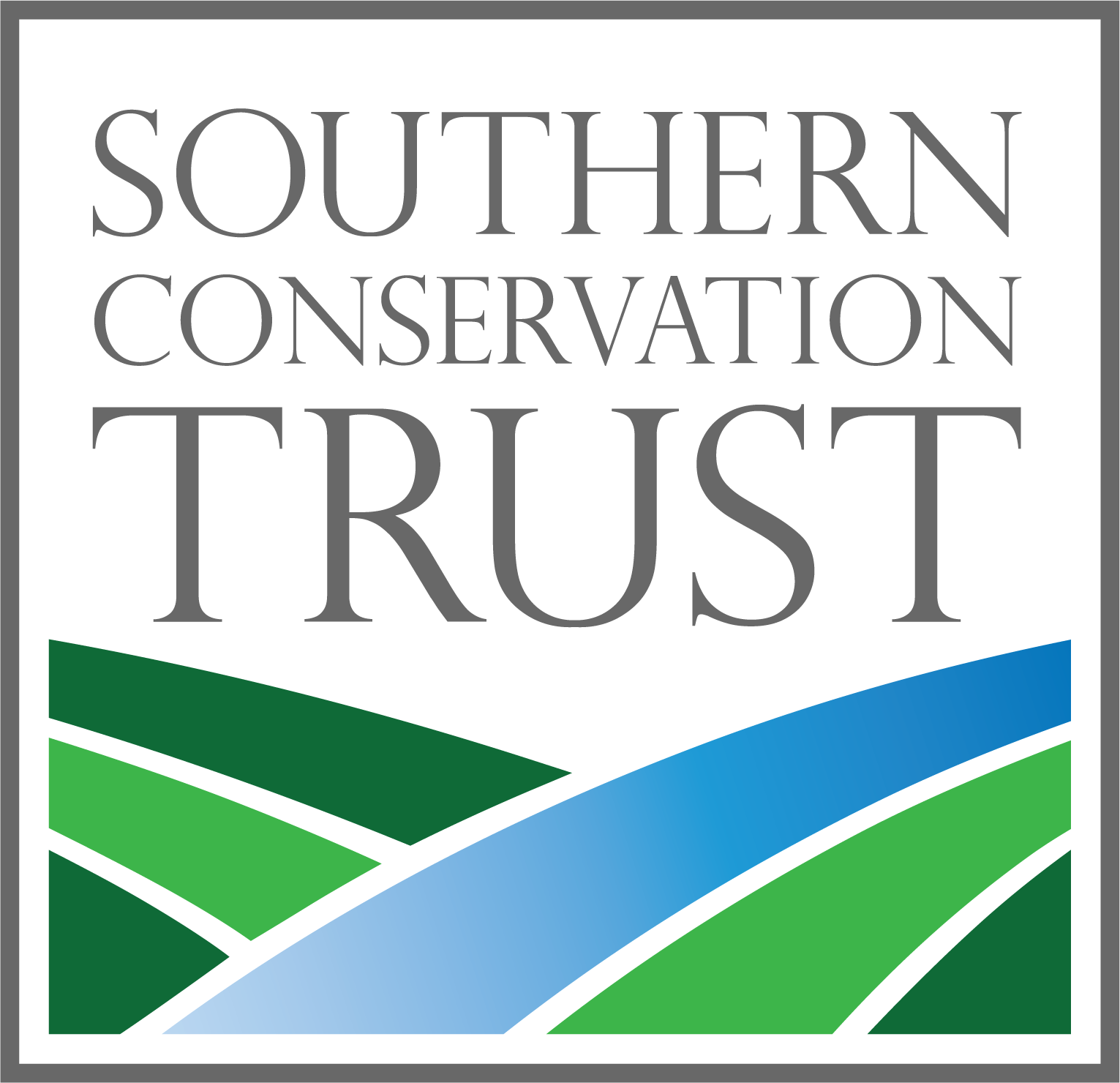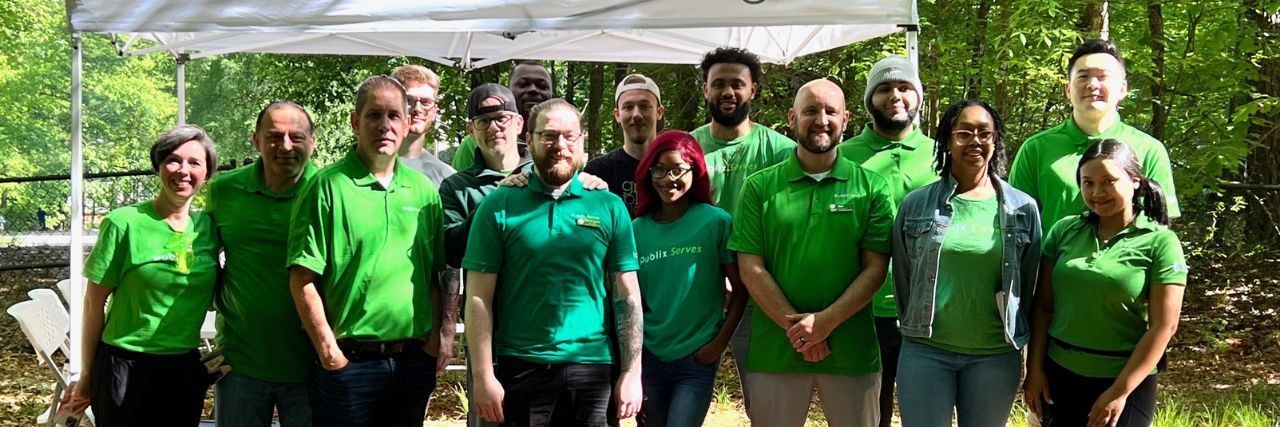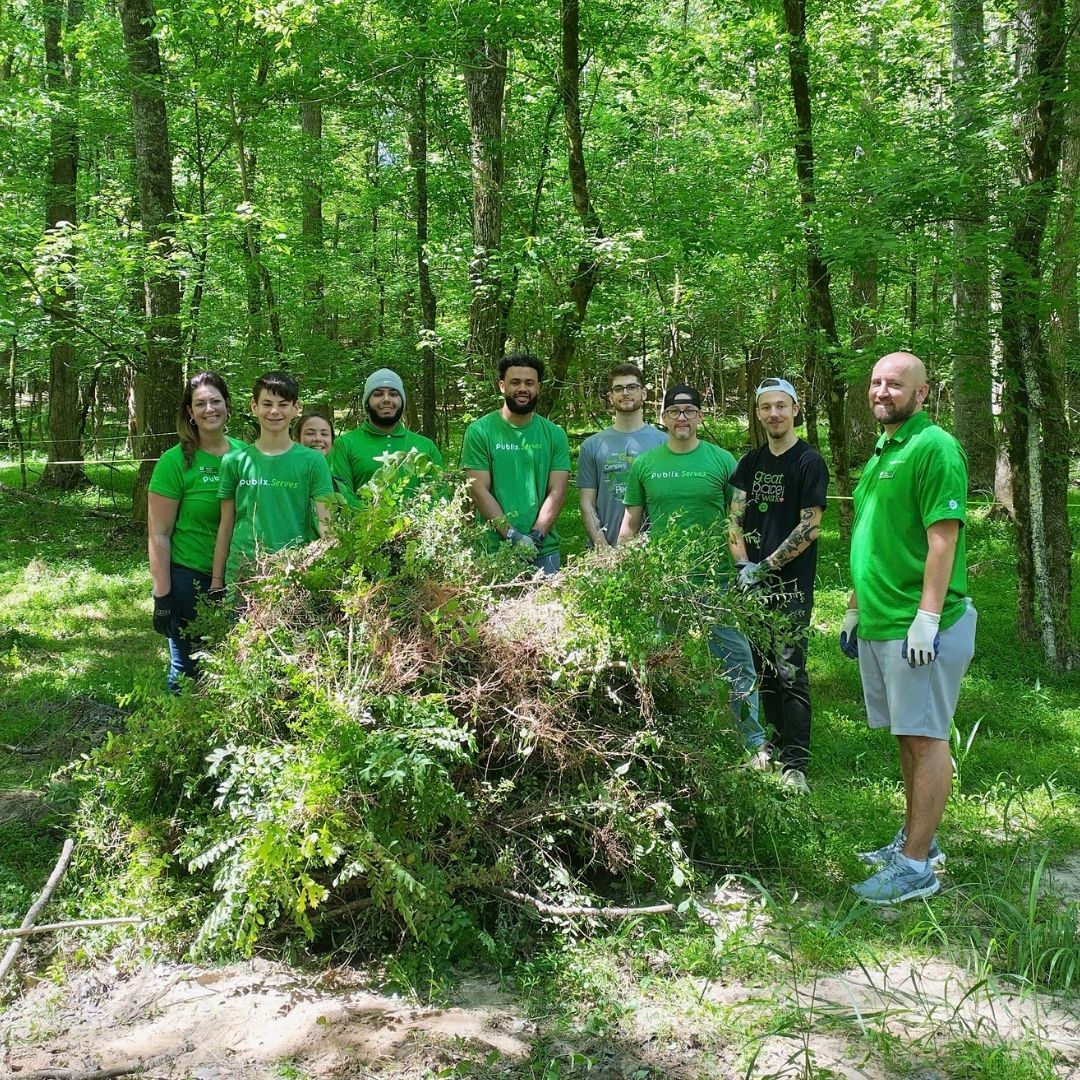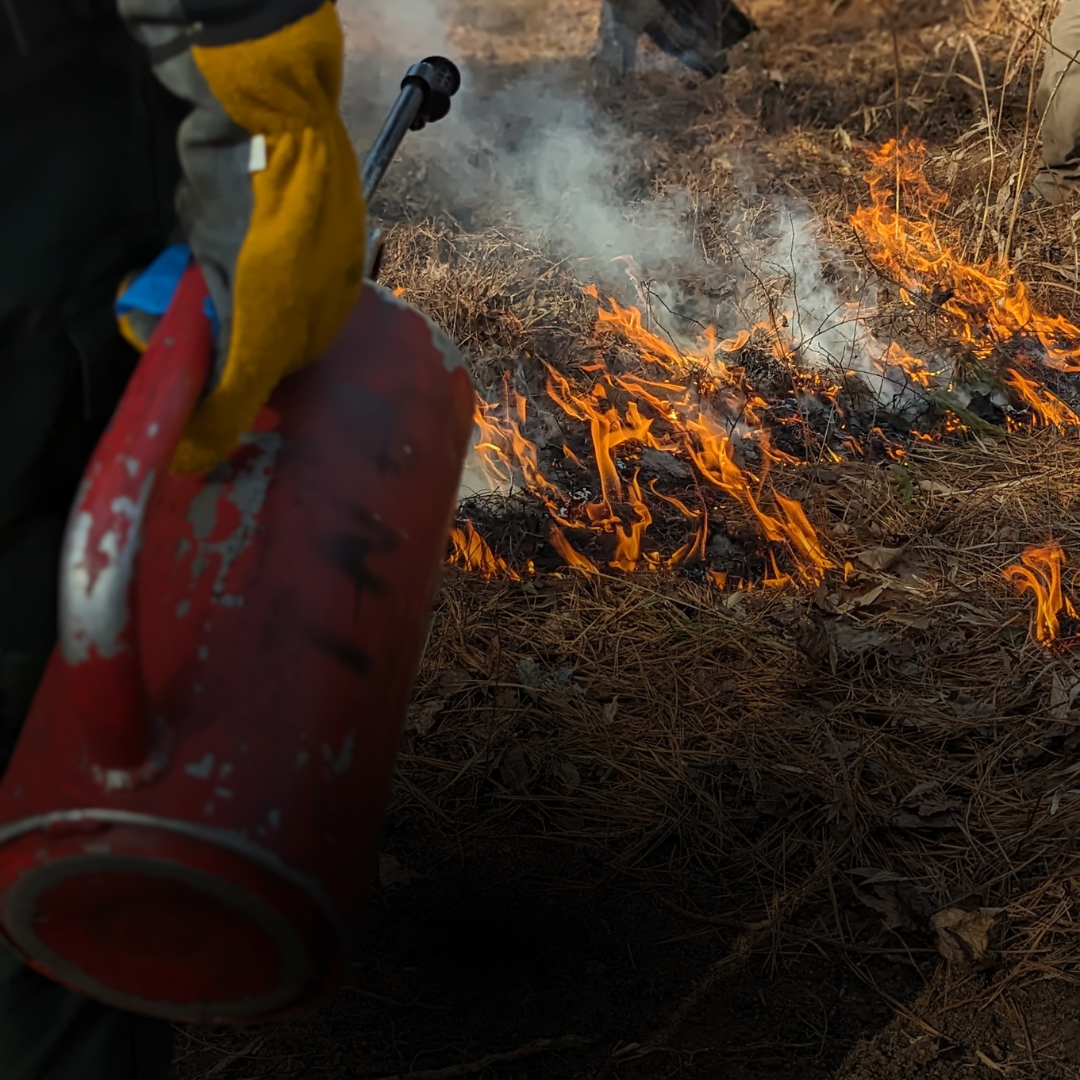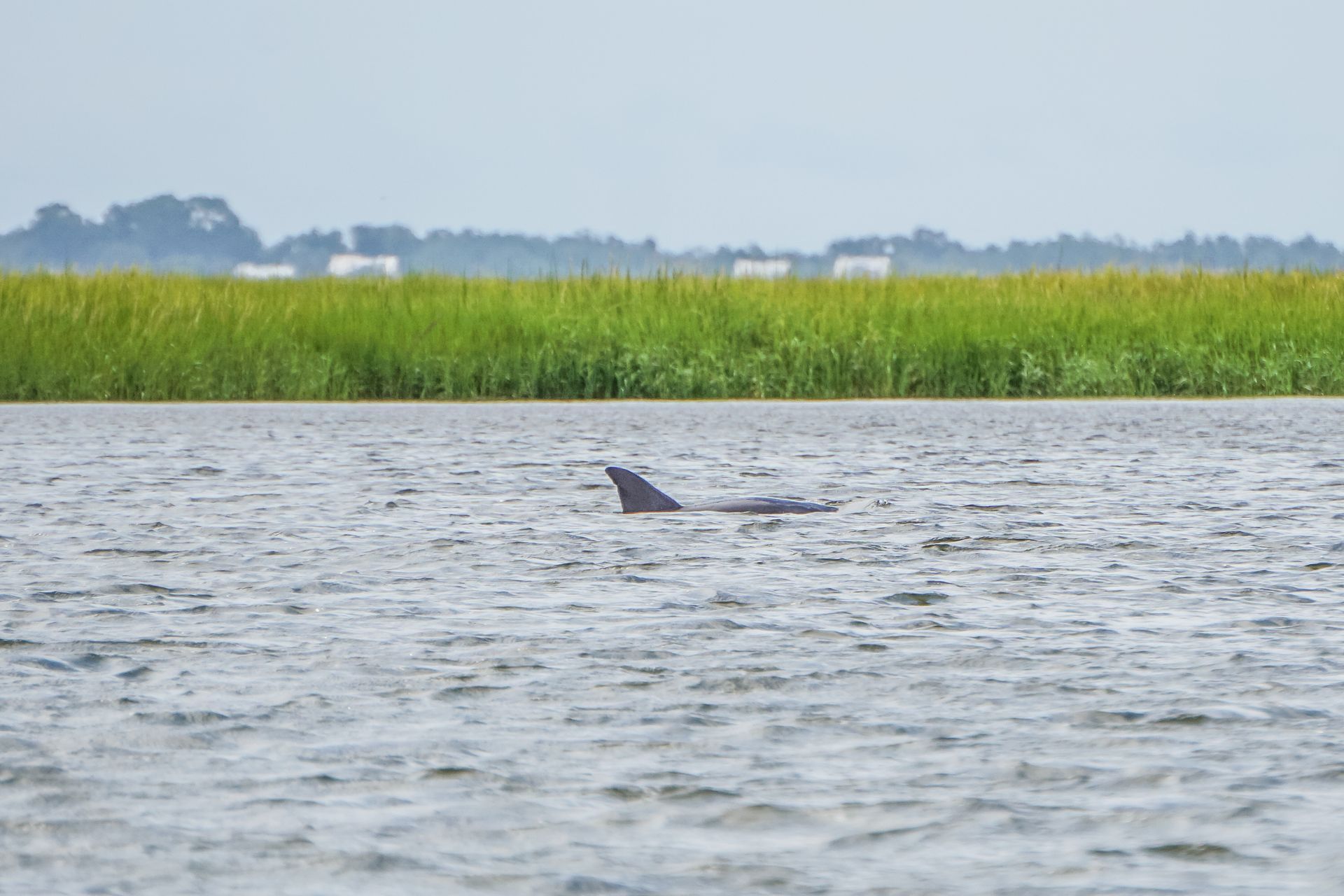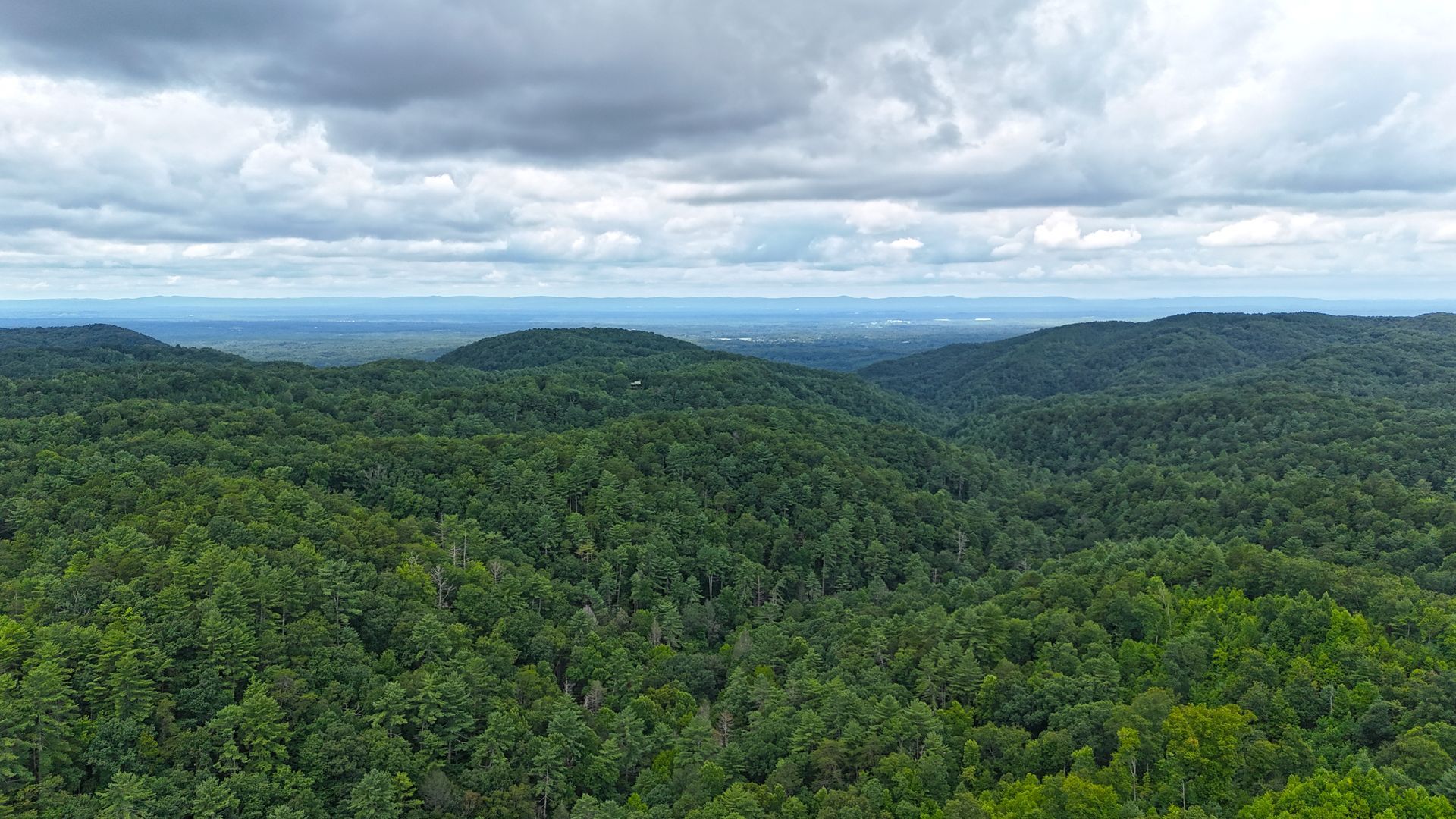The Ridge Nature Area ('The Ridge') is owned by The City of Fayetteville and managed by the Southern Conservation Trust (SCT). The Ridge was opened to the public in 2016 and is a beloved destination for outdoor enthusiasts and nature lovers. The area encompasses 308 acres of natural beauty, providing a glimpse into contrasting ecosystems, passive recreational experiences, and environmental exploration opportunities. With over seven miles of trails, The Ridge is frequented by patrons who hike, trail run, and mountain bike. However, maintaining and preserving this natural area requires ongoing care and attention.
Recognizing the importance of environmental stewardship, Publix Serves volunteers rolled up their sleeves and got to work. Over the course of several hours, these dedicated individuals joined forces with SCT staff to tackle various restoration activities, ensuring the long-term sustainability of the area. Naz, store manager at Publix Store 0485, spoke on how Publix's mission of being involved as responsible citizens in our communities is important to them, "This is our community, we operate in the community, so it is good to serve and serving is the first step... that is why we are here giving back as a company today."
